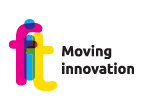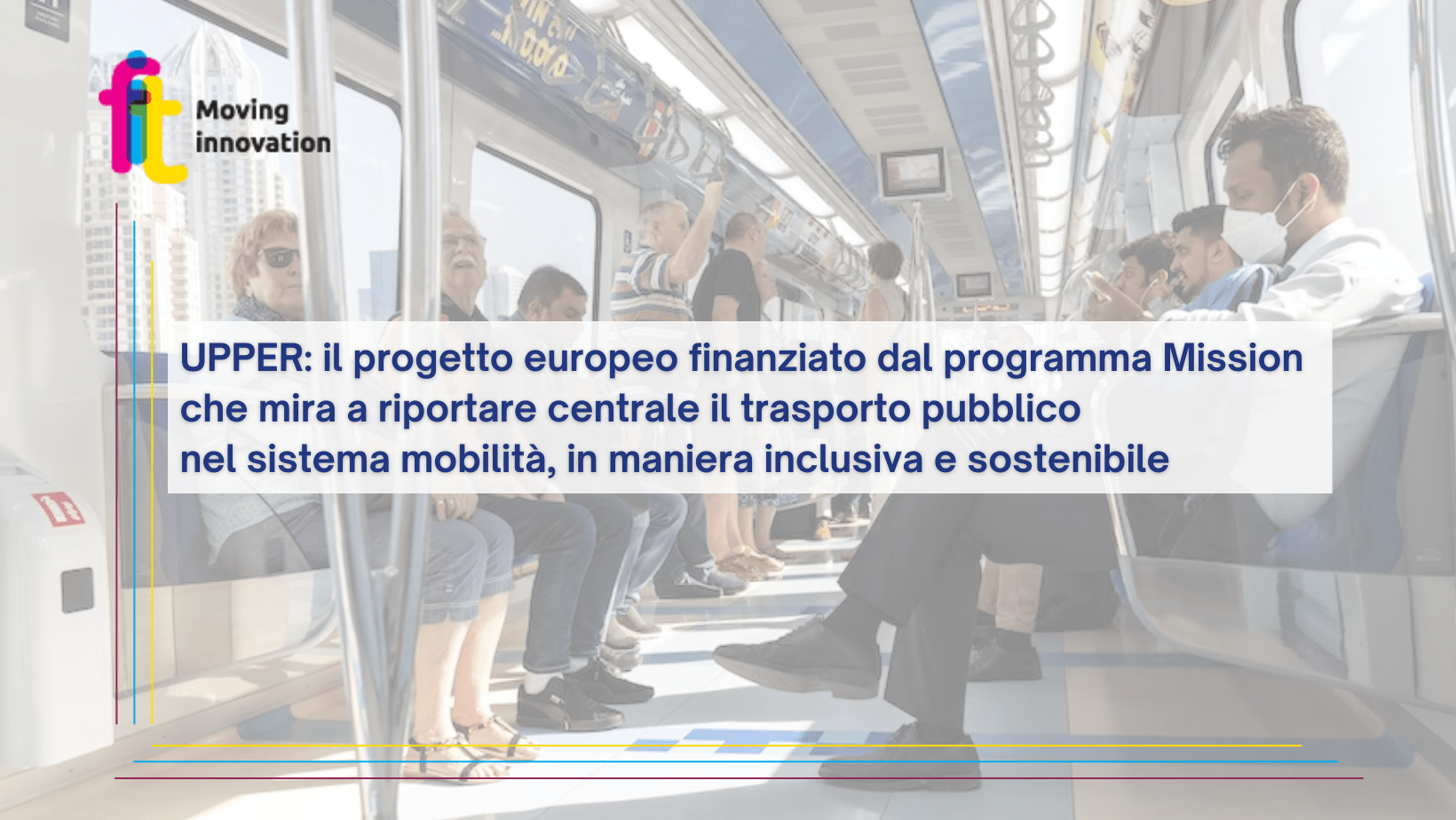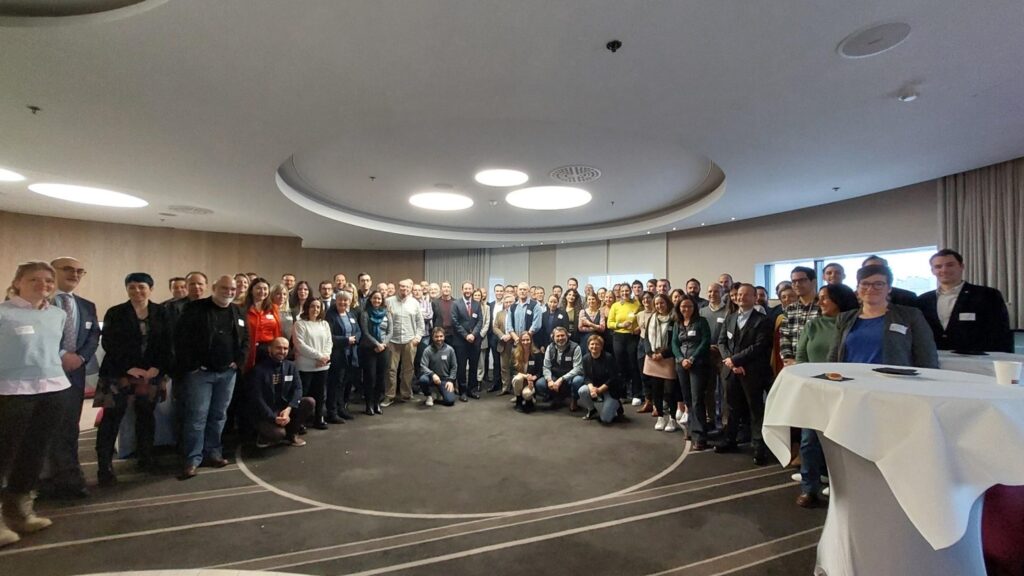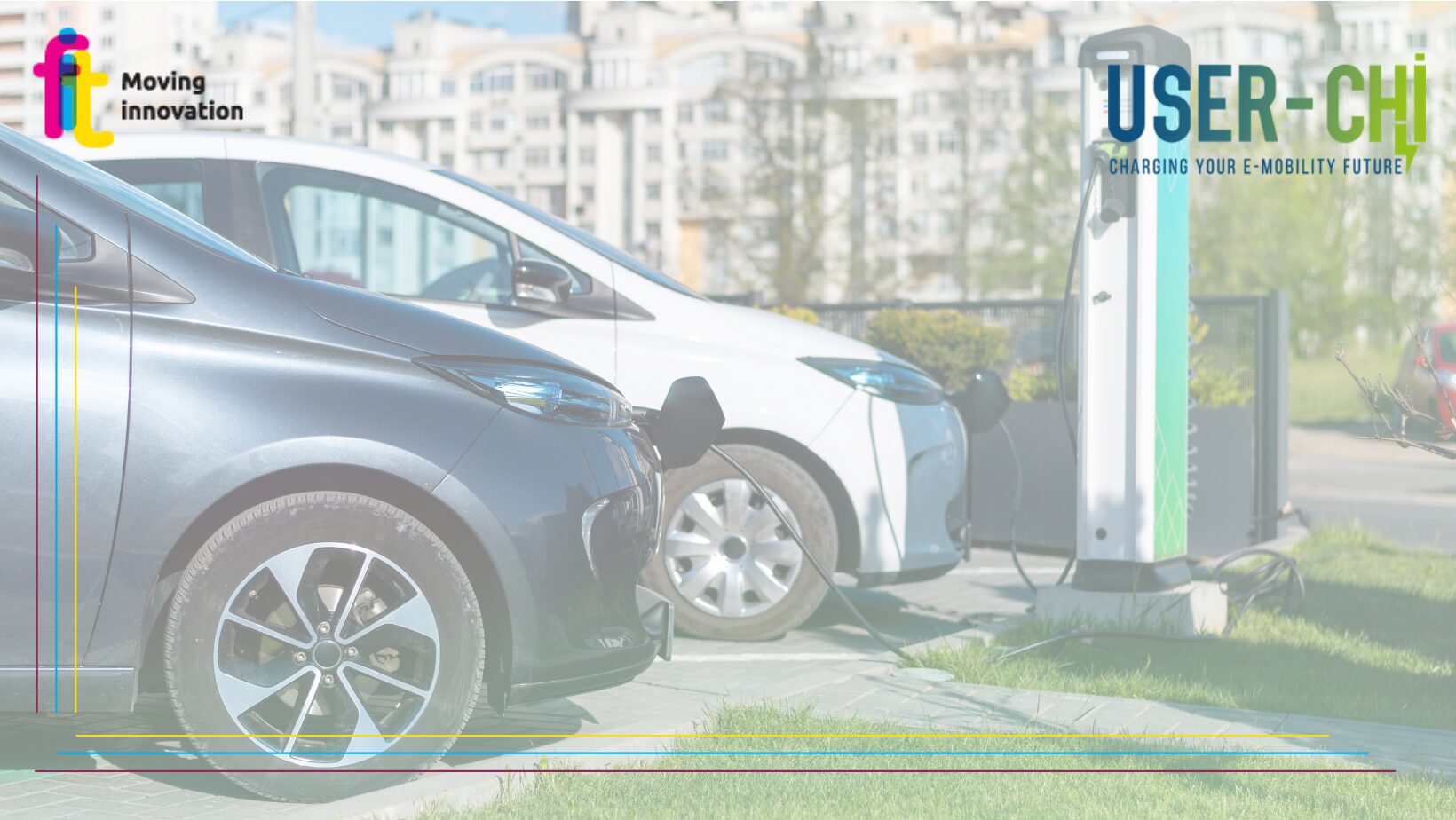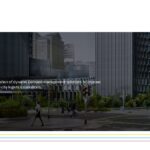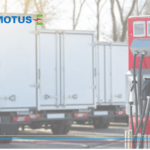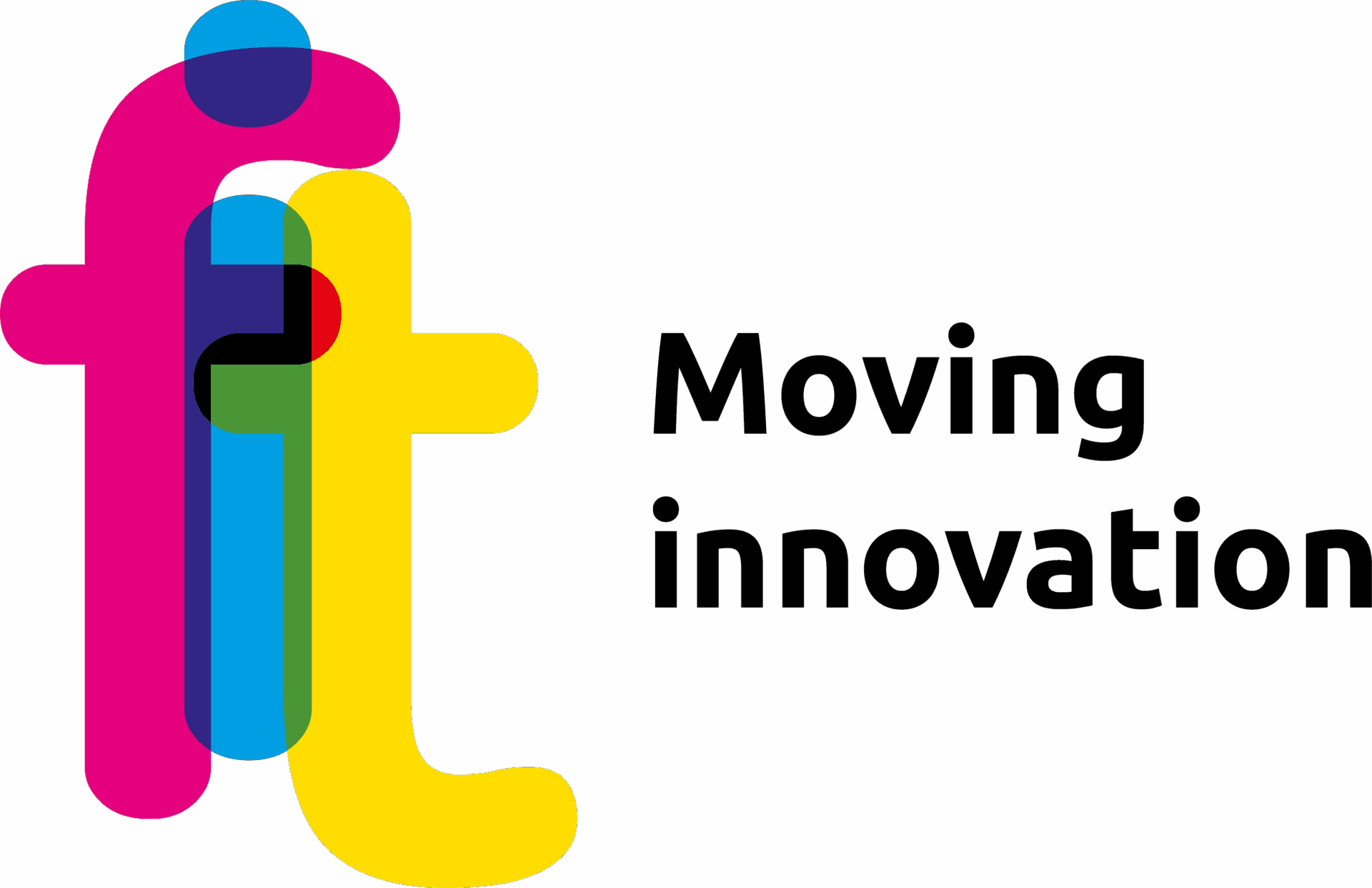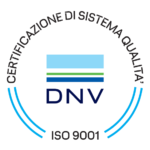Despite the fact that the World Health Organisation – WHO says it is ready to declare the end of the pandemic by 2023, public transport in European cities still struggles to regain its pre-COVID market share. A plausible explanation is related to changes in people’s life habits: increased use of smart working, the exponential growth of eCommerce and an increasing use of electric micro-mobility systems are trends that, certainly to some extent, have reduced the use of public transport. However, one cannot overlook the fact that public transport is a key lever for the digital and ecological transition of cities. Leading industry experts estimate that a paradigm shift will require at least another three years for the public transport service to return to pre-pandemic levels and recover at least 25 per cent of customer satisfaction.
Upper, the European project to unlock the potential of public transport in Europe
Il European project UPPER – UNLEASHING THE POTENTIAL OF PUBLIC TRANSPORT IN EUROPE, is one of two Mission projects to be funded in 2022 by the European Commission. Activities started on 1 January 2023 and will last 42 months. The cities involved in the trial and all partners have taken up the challenge of 100 carbon neutral smart cities with the goal of reducing emissions by 55% by 2030. UPPER is an ambitious project involving more than 40 partners and manages EUR 20 million in funding to demonstrate 84 measures in 10 demonstration sites in the cities of Valencia, Ile de France, Rome, Mannheim, Oslo (representing UPPER’s leading ‘Living Labs’), while Lisbon, Leuven, Hannover Region, Budapest and Thessaloniki are the ‘Twinning Living Labs’..
The objectives of Upper
The project aims to increase the use of public transport by 30 per cent, with a focus on vulnerable segments of the population, introducing the concept of Mobility as a Right to ensure the inclusion and accessibility of the weakest groups of users. The partner cities and regions of the project, together with their partners involved in the demonstrations, committed themselves to 84 ‘push & pull’ measures capable of impacting what the project identified as the 5 axes of innovation
- Mentality and culture;
- Urban mobility planning;
- Ecosystem mobility services;
- Management of the road axis;
- Democratic governance.
The measures, which concern both passenger and goods transport, will be implemented on four short and long-term time levels, which are respectively: communication, services, infrastructure and planning.
The implementation of the measures identified by UPPER will be supported by a series of tools that will be tested in Paris, Lisbon, Valencia, Hanover, Mannheim, Rome, Budapest, Thessaloniki, Oslo and Leuven and subsequently exported to 10 other cities.
I tool che verranno sviluppati sono: U-TWIN, U-SIM, U-NEED, U-GOV, U-KNOW, U-TRANSFER e U-SUMP.
Project Tools
U-TWIN is a platform offering a digital urban twin, i.e. a virtual reproduction of the city’s infrastructure, its services and mobility demand, with particular reference to public transport data. U-TWIN collects and displays the spatial location of real-time information such as vehicle location, traffic status and mobility demand, providing an instant notification system (delays, accidents,…). Its modular and interoperable architecture also makes it possible to predict transport demand, as well as to estimate new arrival times.
U-SIM is a simulation and decision support tool that enables real-time monitoring of the public transport service from the users’ point of view to enable cities to carry out simulations based on existing models. It is therefore useful both to support and improve fleet management and to assist planning and monitoring.
U-NEED is an instrument of big data analytics and visualisation for decision support for the LPT, based on neural networks trained through supervised learning techniques, which allows the LPT to respond quickly and trigger corrective measures, such as sending information to other actors or actions on elements of the fleet management system. Forecasting future information considers both historical and real-time information, as well as forecast information from other external sources such as the weather. This makes it possible to have a mobility forecast covering from the current state to the long-term forecast state.
U-GOV is a digital collaborative platform based on the concepts of Technology Push and Application Pull with the aim of being a meeting point between different social innovation actors where new solutions can be proposed, discussed, enriched and co-created. U-GOV will be used to support pull measures, with the ultimate goal of facilitating citizen participation. U-GOV is a channel to address the expectations and aspirations of different groups of citizens and organisations and enable them to take part in the decision-making process of sustainable urban mobility.
U-SUMP aims to overcome the challenge of continuous and real-time monitoring of the targets defined in SUMPs (Sustainable Urban Mobility Plans) a monitoring and decision support tool. Based on the Sustainable Urban Mobility Indicators (SUMIs) and other related KPIs defined within UPPER, U-SUMP will enable continuous monitoring of SUMP targets, thus contributing to the goal of achieving climate neutrality by 2030.
The platform will integrate the results of push & pull measures and guide the development, implementation and updating of the partner cities’ SUMPs, keeping the goal of climate neutrality at the core. The tool addresses both local and regional authorities, LPT and mobility agencies.
The U-KNOW portal aims to facilitate the exchange of knowledge between existing platforms. U-KNOW builds on the CIVITAS SATELLITE scoreboard by going beyond it in terms of sustainability and efficiency of public transport, levels of adoption of innovative solutions and innovation readiness of the mobility ecosystem. This tool will also provide information and openings for cutting-edge innovations and stimulate debate at EU level and within the scientific community in the field of public transport.
U-TRANSFER, finally, is a platform for cities and LPT that facilitates the exchange of knowledge and debate on what might be the enabling factors and barriers impacting the implementation and replicability of successful solutions. The platform therefore includes a blog and an archive of case studies, good practices and other information material. U-TRANSFER will give visibility to the various matchmaking workshops organised on the basis of a detailed mapping of the needs of individual cities and their stakeholders. U-TRANSFER will then offer guidelines on the replicability of the different solutions in order to ensure their transferability to other European cities.
The role of FIT Consulting within the project
FIT Consulting, one of the initiators of the UPPER project, is a central partner being involved in the project management board. FIT has the very important task of supporting the coordinator, UITP, in the financial management of the project, in order to ensure optimal use of resources. In addition, FIT is responsible for the development of new business models for the tested solutions to ensure large-scale deployment. In addition, FIT has the scientific responsibility for defining the baseline for experimentation in each city. In particular, a questionnaire aimed at involving SUMP experts and practitioners was prepared and administered on this activity and included a series of interviews and workshops that will involve mobility and public transport managers as well as policy makers in the coming months.
FIT therefore has the responsibility to gather and stimulate the commitment of the cities involved in defining and planning their own measures to support a transition towards more sustainable and accessible mobility for all.
A great testimony can be shown by the commitment of the first citizen of Valencia: https://youtu.be/jQoDagk3150
More information on the project is available on the new LinkedIn channel UPPER Horizon Europe Project.
This contribution was written by Francesco Guaraldi ([email protected]).
